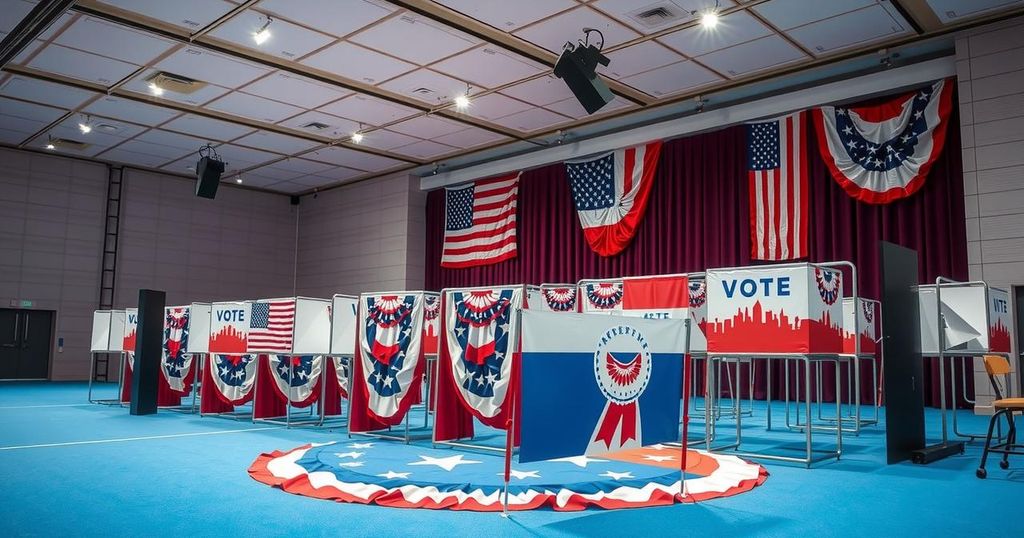2024 Elections: A Critical Examination of Democracy’s Erosion

The commentary explores the 2024 elections, highlighting a troubling trend where elections serve as instruments of autocracy rather than democracy. Despite the extensive participation across the globe, many elections included violence, suppression, and manipulation, leading to calls for alternative democratic processes that empower citizens beyond mere electoral participation.
As we delve into the complexities of the electoral landscape of 2024, it becomes imperative to scrutinize the stark dichotomy between elections and genuine democratic practices. Despite the enthusiastic participation of over 4 billion individuals across more than 70 countries, the year unveiled an alarming trend — elections have increasingly been co-opted as apparatuses of oppression rather than mechanisms of liberation. Josh Lerner, co-executive director of People Powered, aptly captures the sentiment, vividly stating, “Our obsession with elections is killing democracy.”
Numerous countries witnessed elections marred by violence, suppression, and manipulation. Freedom House reported instances where incumbent officials resorted to jailing or disqualifying opponents and where electorates were stripped of authentic choices. The brutalities ranged from targeted assassination campaigns in Mexico and South Africa to ethnic violence in India. Moreover, political power struggles intensified in various regions, underscoring the disturbing reality that many elections serve as fuel for autocratic governance rather than vehicles for democratic progression.
Despite the challenges, some proponents of democracy pointed to the turnover of ruling parties in nations like India and South Africa as a glimmer of hope. However, these transitions too often led to unrest amid ongoing political rivalries. Leonora Camner, from Democracy Without Elections, highlights that “Elections are fundamentally disempowering,” promoting division rather than unity. The implications are clear: there is an urgent need to transition from mere electoral participation to frameworks that empower citizens in self-governance.
This disconcerting environment raises critical questions regarding the efficacy of elections as instruments of democracy. Concerned voices suggest alternatives, emphasizing the importance of empowering individuals through mechanisms such as citizens assemblies and participatory budgeting. Furthermore, revitalizing local democracy through initiatives that enhance community engagement could mitigate the disillusionment prevalent in current electoral practices.
The post-election discourse reveals a longing for meaningful change beyond traditional electoral engagement. As highlighted by Matt Leighninger, there is a need to expand democratic participation and enhance the public’s sense of agency within governance structures. A reevaluation of our commitment to elections may be necessary, guiding us toward a more profound embrace of what true democracy entails — vibrant, participatory governance.
The commentary addresses the disjunction between elections and democracy, emphasizing that while elections are widely perceived as pivotal to democratic governance, they have increasingly become instruments of oppression and autocracy in various contexts. With more than half of the world’s population participating in elections during 2024, this analysis draws crucial insights from organizations like Freedom House and figures such as Josh Lerner, highlighting systemic issues that compromise the integrity of electoral processes and the erosion of democratic norms.
In summary, the electoral events of 2024 have exposed a disheartening reality wherein elections are often employed as tools for oppression rather than as conduits for democracy. As articulated by various experts, it is imperative to pivot away from an over-reliance on elections and towards fostering democratic processes that genuinely empower citizens. A more nuanced approach to governance, emphasizing participatory mechanisms, is essential for rejuvenating democracy and restoring public faith in governance methods.
Original Source: stocktonia.org







